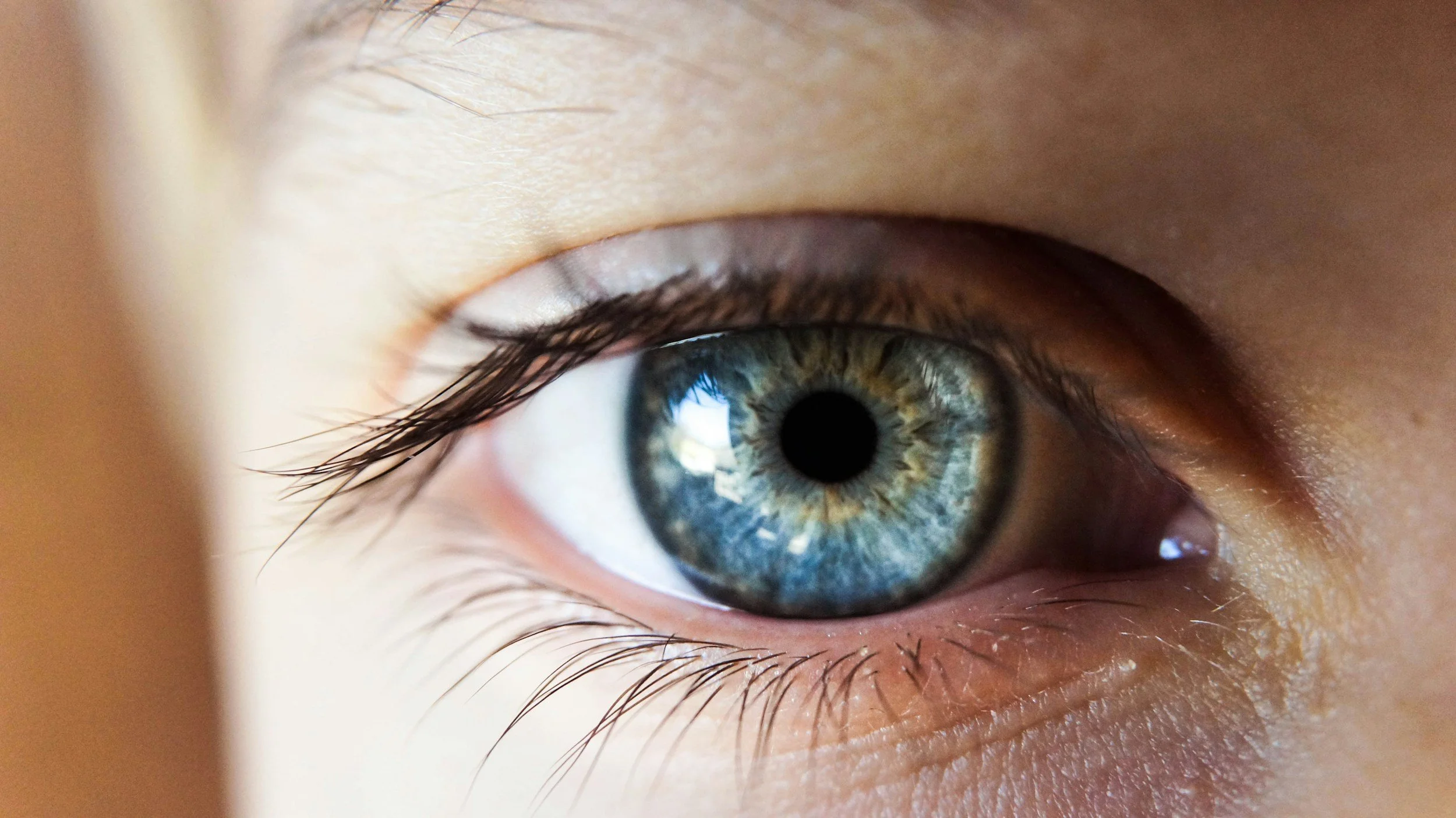The Difference Between Weekly vs. Sporadic Psychotherapy Sessions
The frequency of psychotherapy sessions can significantly influence the therapeutic process. Research has shown that clients who attend therapy on a regular basis—such as weekly sessions—experience faster progress and deeper emotional processing.
Why Choosing a Therapist Who Prioritizes Supervision and Ongoing Training is Better Than Just a Randomly Chosen Therapist
Research shows that therapists who engage in regular professional development are more likely to provide evidence-based, effective care.
How to Understand the Difference Between ADHD and Autism When Seeking Clarity on a Diagnosis
ADHD is primarily characterized by symptoms such as impulsivity, hyperactivity, and difficulty with sustained attention, whereas ASD includes a broader range of symptoms, particularly in social communication and behavior.
How Clients’ Data Is Sold by Large Companies Without Psychotherapy Clients Realizing the Pros and Cons
Many mental health apps and online therapy platforms collect sensitive information about users without their full awareness, often selling it to third-party companies.
How Sex Therapy Intensives Can Highly Benefit Clients
Research supports the efficacy of sex therapy intensives, showing that clients who undergo concentrated therapy make faster progress in overcoming sexual difficulties.
The Rise of Wellness Communities and Their Impact on Mental Health
At Brooklyn Integrative, we believe that wellness practices such as mindfulness, yoga, and meditation are valuable tools for self-care and emotional balance, but they work best when complemented by professional therapy.
How Brooklyn Integrative is Re-Launching Their Gender Care Program to Serve the Needs of Trans and Gender-Fluid Clients
Brooklyn Integrative is Re-Launching Their Gender Care Program to Serve the Needs of Trans and Gender-Fluid Clients
How EMDR Works for Psychotherapy and Healing Trauma
EMDR helps clients process distressing memories by using bilateral stimulation, such as guided eye movements. This process is believed to help the brain reprocess traumatic memories and reduce their emotional intensity.
Why the Polyvagal Theory is Not a Cure-All, and Deeper Work Is Needed
Why the Polyvagal Theory is Not a Cure-All, and Deeper Work Is Needed to Emphasize the Relationship Between Psychotherapy and Client
How AEDP Can Accelerate Healing for Psychotherapy Clients
Accelerated Experiential Dynamic Psychotherapy (AEDP) is a therapeutic model that integrates attachment theory, experiential methods, and emotional processing to promote faster healing.









